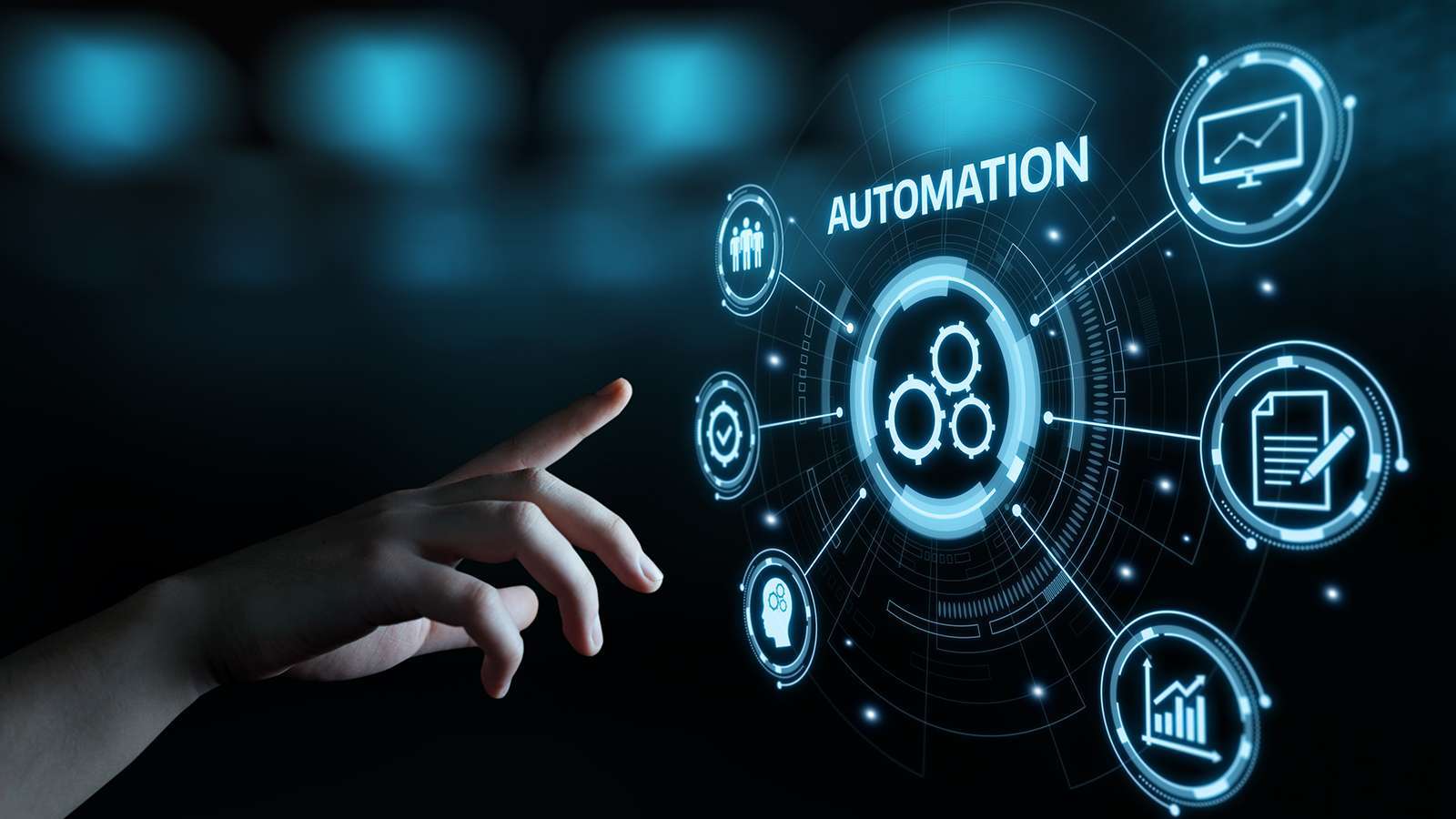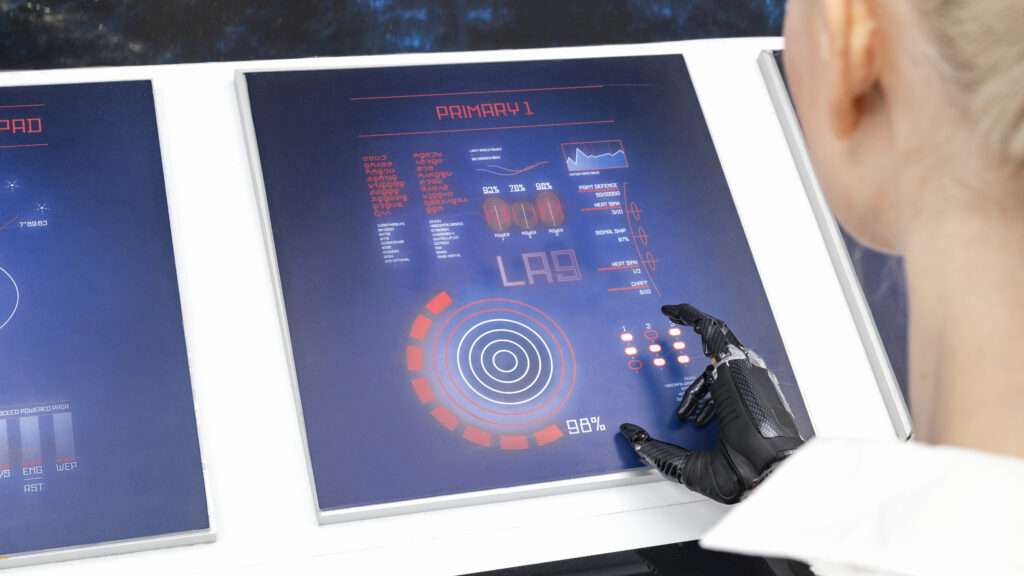Your cart is currently empty!

Artificial intelligence (AI) and automation are no longer futuristic concepts—they are now seamlessly integrated into our daily lives. From streamlining how businesses operate to revolutionizing healthcare, these technologies are reshaping multiple spheres of society. For tech enthusiasts, entrepreneurs, and everyday consumers alike, understanding how AI and automation are transforming our world isn’t just interesting—it’s essential.
This blog will explore the profound ways AI and automation are impacting industries, employment, consumer technology, and more, while also addressing the opportunities and challenges they bring. Whether you’re curious about adopting AI into your business or enhancing your personal life with smart technology, AI’s influence cannot be ignored.
AI’s Impact on Business and Economy

AI is reshaping industries worldwide, fundamentally altering how businesses operate and economies thrive. For starters, AI and automation are boosting operational efficiency and cutting costs across various sectors, enabling companies to achieve more with fewer resources.
Transforming Industries
Industries such as manufacturing, retail, finance, and logistics have seen rapid change. For instance:
- Manufacturing is leveraging AI-driven robotics to increase production speeds and ensure precision.
- Retail employs AI to enhance customer experience through personalized recommendations (think Amazon’s AI-powered shopping experience).
- Finance now depends on AI for fraud detection, predictive analytics, and faster loan application processing.
Real-World Examples
Take logistics companies as an example. UPS utilizes AI to optimize delivery routes, saving millions annually in fuel costs. Similarly, large-scale retailers like Walmart deploy AI to manage inventory and predict demand patterns, ensuring shelves are always stocked without surplus waste.
By adopting AI, businesses gain a competitive edge in efficiency and innovation, while economies enjoy increased productivity. No wonder implementing AI has become a priority in board meetings globally.
The Future of Work and Employment

The rise of automation and AI has understandably sparked concerns about job displacement. Machines excel at repetitive tasks, meaning industries reliant on manual processes may see drastic workforce changes. However, the narrative isn’t all dire—AI’s expansion is creating avenues for new opportunities and roles.
Disruption vs. Creation
While some jobs are being automated, others are emerging:
- Old Jobs Replaced: Routine or mechanical tasks such as data entry, assembly line roles, or basic customer service interactions are often automated.
- New Jobs Created: Roles in AI programming, robotics maintenance, and big data analysis are steadily on the rise.
Upskilling Is Key
To thrive in this evolving landscape, individuals must invest in learning and adapting. Upskilling programs, such as those in data science, machine learning, or digital marketing, are helping workers transition into high-demand fields. Online platforms like Coursera and Udemy offer accessible pathways for acquiring these skills.
Interestingly, AI can also enhance job satisfaction. For example, tools such as AI-powered virtual assistants enable employees to focus on creative, high-impact tasks by handling mundane assignments. Organizations that prioritize such AI adoption are transforming workplace culture in remarkable ways.
AI in Consumer Technology

AI isn’t just transforming business; it’s revolutionizing how we interact with products and services on a personal level. For everyday users, AI-powered consumer technology often manifests as convenience, personalization, and smarter decision-making.
Enhancing Consumer Experiences
Consider products like Netflix, which uses AI to deliver tailored content recommendations based on your viewing habits. Similarly, AI assistants like Alexa and Google Assistant are streamlining daily chores, from controlling smart appliances to scheduling meetings hands-free.
Ethical Considerations
However, AI in consumer tech doesn’t come without challenges. Data privacy and ethical concerns remain a significant hurdle. When curated retail sites predict the products you’ll love or voice assistants record your preferences, ethical considerations around how data is stored and used become crucial topics.
Consumers should approach these technologies with an informed perspective while engaging brands that emphasize responsible AI practices.
AI in Healthcare and Everyday Life

Few industries are benefitting from AI integration as much as healthcare. By enabling early diagnosis, predictive modeling, and personalized treatments, AI is literally saving lives.
Healthcare
AI-powered platforms like IBM Watson Health are helping doctors predict health risks and recommend treatments tailored to individual patients. Medical imaging augmented with AI drastically reduces the time needed for diagnosis in diseases like cancer, giving patients faster access to care.
Everyday Life & Smart Homes
Beyond healthcare, AI is entering our homes:
- Smart thermostats (e.g., Nest) learn your habits and adjust accordingly for energy efficiency.
- Robotic vacuum cleaners like Roomba automate cleaning, enabling more leisure time for you.
- Smart transportation solutions like Tesla’s AI-based autonomous driving redefine commutes and city living.
These examples highlight how AI is simplifying even the most basic aspects of life, and further innovation promises to extend these conveniences.
Challenges and Opportunities
Despite its growing list of benefits, AI and automation present challenges professionals and consumers can’t ignore.
Ethical Concerns
Ethics around data usage and privacy remain top priorities. Governments and regulators are grappling with implementing safeguards to prevent overreach or abuse, such as using AI in surveillance.
Environmental Impact
Another downside is the massive energy consumption of AI systems, which contributes to carbon footprints. However, emerging solutions like energy-efficient data centers and AI optimization tools aim to address these concerns.
Opportunities for Innovation
On the bright side, AI presents boundless opportunities for entrepreneurs and innovators to explore sustainable, creative tech applications. Whether improving education, developing renewable energy mechanisms, or creating more inclusive virtual spaces, responsible AI usage ensures these opportunities will multiply.
Shaping Tomorrow’s Reality with AI
The integration of AI and automation into our lives is inevitable. From enabling businesses to scale efficiently to simplifying household tasks and advancing healthcare, the advantages are undeniable.
As we proceed, a balanced approach—embracing innovation while addressing its ethical and environmental implications—will define how successful this transformation becomes. To stay ahead, educate yourself about AI, experiment with integrating it into your business or personal life, and engage responsibly with the technology.
For curated insights, tools, and earning strategies you can rely on, check out my resource hub on Linktree. Whether you’re an entrepreneur, tech enthusiast, or everyday user, these resources are packed with actionable tips to align your ambitions with AI’s vast potential.
